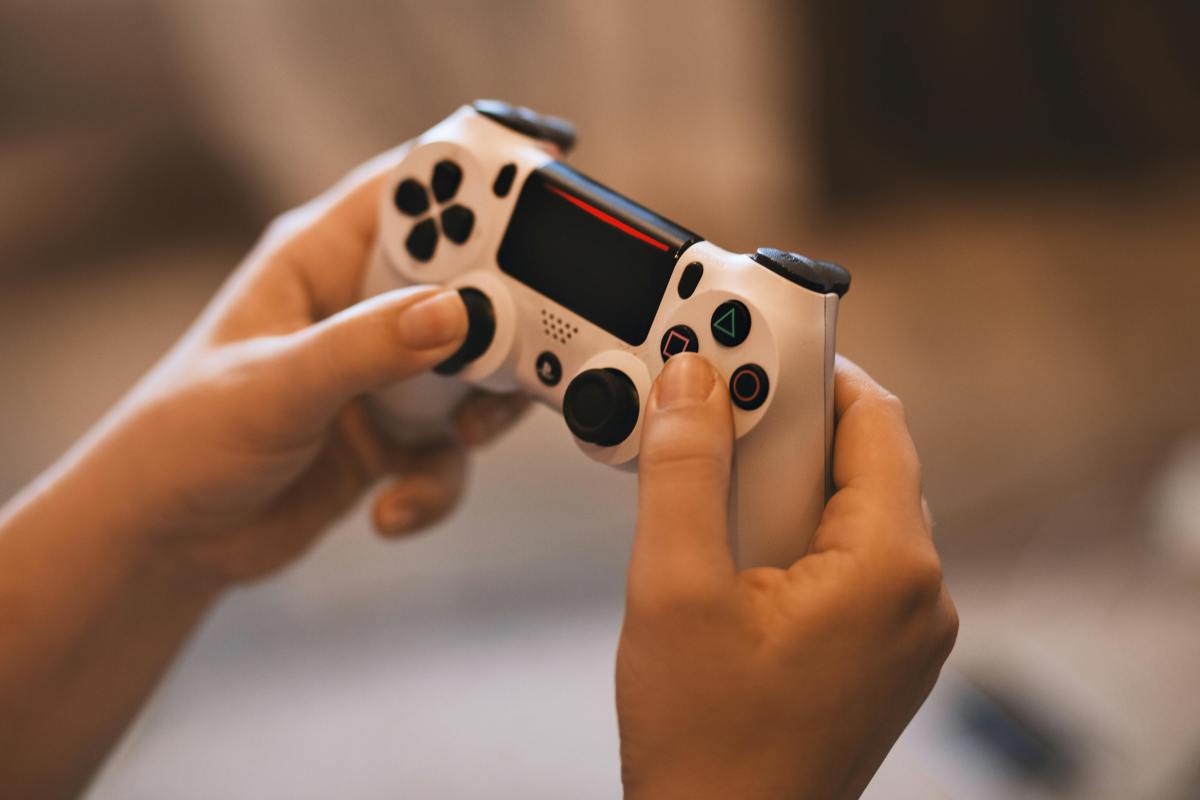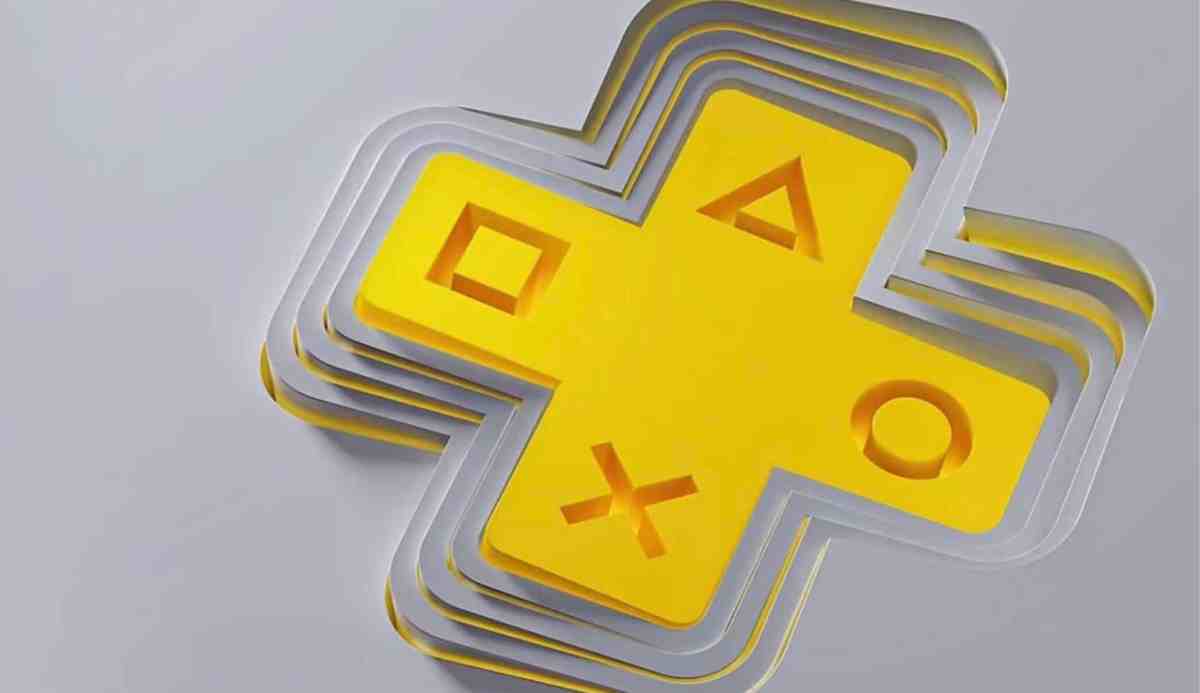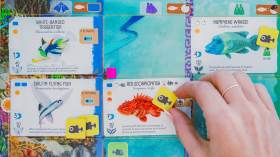The Australian parliament has officially passed legislation for a social media ban, blocking anyone under 16 from social media platforms, with the bill receiving support from both major parties. By the end of 2025, the government aims to block youth from using TikTok, Instagram, Snapchat, Facebook, and other apps, with the onus being on these companies to take “reasonable steps” to prevent access.
“Social media is doing harm to our children,” Prime Minister Anthony Albanese said, addressing the newly-passed bill. “Today, as a direct result of our legislation, passed through the parliament … parents can have a different discussion with their young ones. A different discussion that will result in better outcomes and less harm for young Australians.”
“Social platforms now have a social responsibility to ensure the safety of our kids is a priority for them.”
Notably, the exact mechanics for preventing those under 16 from accessing social platforms are yet to be formally detailed. There’s also plenty of questions about the particulars of this ban, which has been described as rushed – largely as it was sped through parliament in the last sitting weeks of the year.
The submissions process for those to voice their opinions on the social media ban was also incredibly short. As noted by the ABC, the bill to ban social media for under-16s was introduced to parliament on Thursday last week, and was sent for Senate inquiry on the same day. “Submissions to the inquiry closed on Friday, a three-hour hearing was held on Monday, and the report was tabled on Tuesday,” the ABC noted.
Read: 5 Cozy Games to Try When You Feel Overwhelmed
Many of those submitting raised extreme concerns about the short scope for consultation, with many others questioning the research that went into the legislation. Australia’s Human Rights Commissioner Lorraine Finlay and National Children’s Commissioner Anne Hollonds called for proper scrutiny of the bill in their assessment, claiming the social media ban “oversimplifies a complex issue and carries the risk of unintended harms.”
“While we all recognise the significant risks that social media can pose for children, an outright ban is a blunt instrument that fails to recognise that social media can also have positive benefits,” Finlay and Hollonds wrote.
“For children in marginalised, remote, or vulnerable situations, social media offers a lifeline. It connects children with disability to peers, resources, and communities they may not otherwise access. It helps LGBTQIA+ youth find acceptance and solidarity. It can improve access to healthcare, particularly for children seeking mental health support. These digital spaces can educate, inform, and remind kids who feel isolated – whether physically or emotionally – that they are not alone.”

Is online gaming included in the social media ban?
With many questions still circling around the social media ban, some have speculated that online gaming may become entangled with the legislation. But as now confirmed by the wording of the bill, messaging apps, “services with the primary purpose of supporting the health and education of end-users” and online gaming services will be exempted from these new age rules.
That means platforms like PlayStation Plus and the Xbox network will remain accessible to everyone.
As the government continues to refine the social media ban bill and eventually pass it into law, we anticipate further changes and tweaks will be made – but for now, gaming has been excluded from these conversations.
There’s still plenty of questions left to answer about how the Australian government will implement this social media ban effectively, and what platforms will be forced to do under its new legislation – but we’ll have to wait to see how the bill transforms these services in future.





